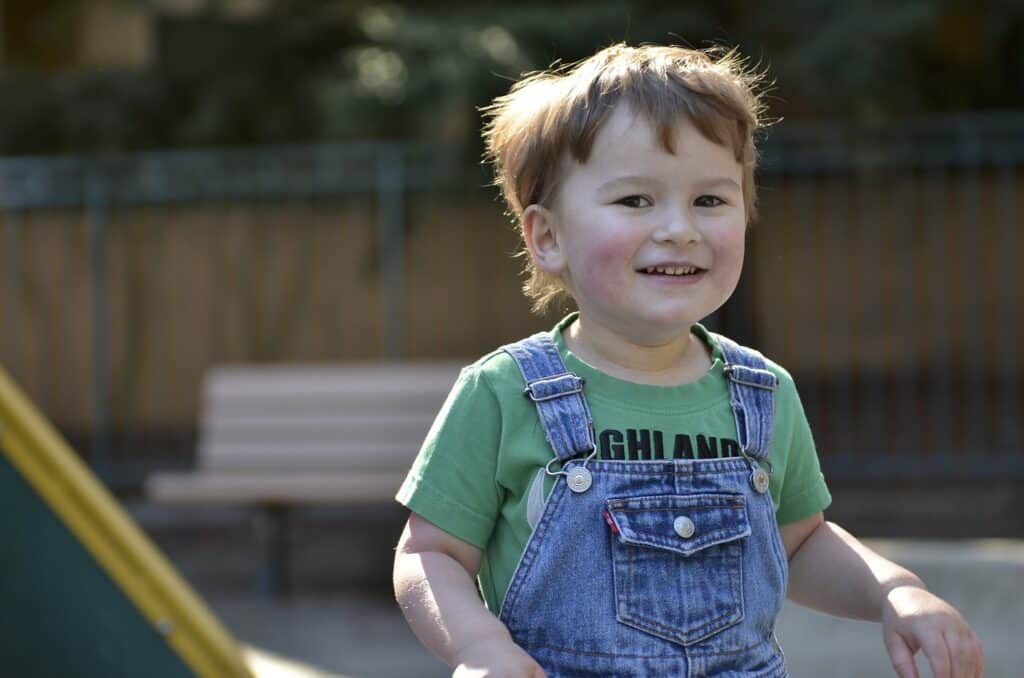Autism Spectrum Disorder (ASD) affects communication and behavior in ways that can often leave parents feeling uncertain and overwhelmed. While each child’s path is different, recognizing the early signs of autism is the first step toward offering the right support and care.
Autism can show itself in many ways, and no two children on the spectrum are exactly alike. Think of your child as a unique story, one where every chapter brings new understanding and discovery. While each child writes their own tale, some common signs might suggest autism.
Potential Signs of Autism
Social Challenges: Your child may appear to be in their own world, showing little interest in playing with others or struggling to maintain eye contact. They might not respond to their name, as though enclosed in a bubble that’s sometimes hard to reach.
Communication Hurdles: Language development may differ. Some children might not speak at all, while others may repeat phrases or use language in unexpected ways. It’s almost like they’re speaking their own language—one we need to understand.
Repetitive Behaviors: You might notice your child fixated on repetitive actions, like spinning the wheels of a toy car or insisting on strict routines. These behaviors provide them with comfort, offering predictability in a world that often feels overwhelming.
Sensory Sensitivities: Textures, sounds, or bright lights might cause discomfort. A clothing tag or the sound of a vacuum cleaner could feel like a sensory overload, as if their senses are tuned to a higher frequency.
Unique Interests or Abilities: Some children may show an intense focus on specific topics or display exceptional abilities, such as a strong memory or advanced skills in certain areas like drawing or numbers.
The Autism Spectrum
Autism is a spectrum, meaning the signs and their intensity can vary widely from one child to another. Picture a rainbow, where each color represents different strengths and challenges. Some children may need minimal support, while others might require more structured assistance.
Speech-Language Pathology & Autism
A speech-language pathologist (SLP) can be an invaluable partner. They’re trained to identify communication difficulties and develop strategies to help your child express themselves and understand others. Often, an SLP is among the first healthcare professional to detect autism, especially when speech and language development seems delayed or atypical.
Parenting with Autism
As a parent, you’re the champion of your child’s story. No one knows them better than you, and your insights are crucial in ensuring they receive the support they need. Your advocacy will shape their journey and the help they receive.

Taking the Next Step: Early Intervention Matters
If you’re noticing these signs, taking action is the best thing you can do. Early intervention can make a significant difference, helping your child find their way in this complex maze. It’s like giving them a flashlight to better illuminate their path, and for you, it offers a deeper understanding of their world.
Based in BC? We offer a Free Consultation
If you’re concerned about your child’s development, consider booking a free consultation with a speech therapist. It’s a supportive, no-pressure way to address your concerns and explore the best path forward. At Arbutus Speech Therapy, we’re knowledgeable about the resources available to families in the Vancouver and throughout British Columbia.
Further Reading and Resources
For more detailed information on Autism Spectrum Disorder and how to spot the signs, visit:
- CDC’s Autism Information Center: Comprehensive guidelines on identifying autism in children.

